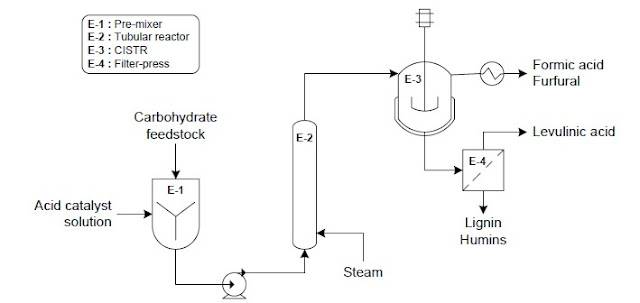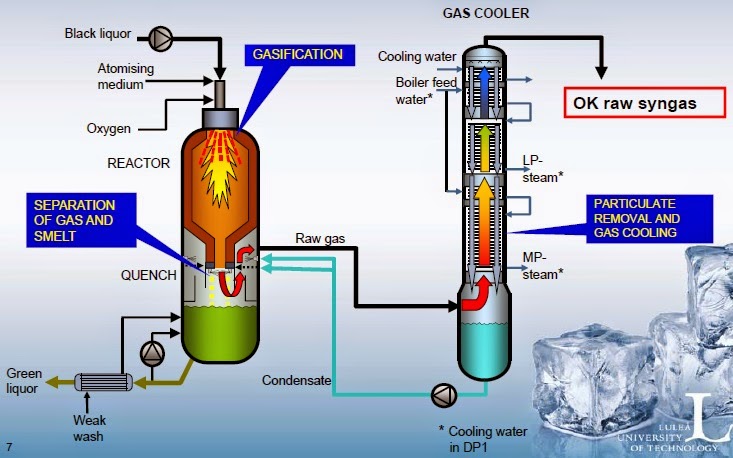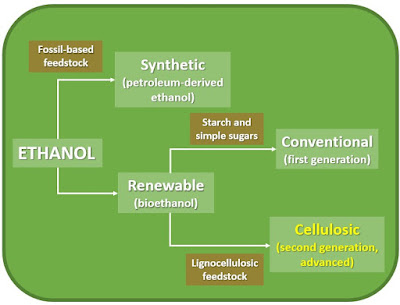NaturALL Bottle Alliance (Danone, Nestlé Waters and Origin Materials) to build a pioneer bio-PET plant
Important initiative driven by the packaging sector
with major implications for the growth of the biopolymers industry. Danone and Nestlé Waters, the world’s two largest
bottled water companies, have joined forces with Origin Materials, a startup based in
Sacramento (California) to form the NaturALL Bottle Alliance (see press
release). Together, the three partners aim to develop and launch at
commercial scale a PET plastic bottle made from 100% sustainable and renewable
resources. The Alliance partners consider that everyone should benefit from
this new material, demonstrating their commitment to open innovation and
sustainable business. Danone y Nestlé Waters are providing expertise and teams,
as well as financial support, to help Origin Materials make this technology
available to the entire food and beverage industry in record time. After
identifying the approach of the Californian startup separately, the two large companies
decided to team up to accelerate development of this promising technology (see the
video below).
The thermoplastic polymer PET (polyethylene
terephthalate) is a product of the polymerization of monoethyleneglycol (MEG)
and purified terephthalic acid (PTA). Currently, these two monomers are almost
entirely sourced from fossil sources. To date there are a few commercial
efforts to produce bio-based MEG from ethanol. Bio-PTA, however, remains
unavailable in the market. PTA is synthesized through the oxidation of
isomerically pure paraxylene (PX).
Origin's technology produces biobased
intermediates from lignocellulosic raw materials so it does not divert
resources or land from food production for human or animal consumption. Those
intermediates can be used to make new polymers, surfactants and carbon black.
The company (formerly known as Micromidas) has developed a catalytic route to
making PX from cellulosic biomass and ethylene. The process, which involves no
fermentation, is cost-competitive with that of petroleum-derived PX.
Origin Materials has already produced samples
of 80% bio-PET in its pilot plant in Sacramento. During this year, the Alliance
will construct a pioneer plant to produce the first samples of more than 60%
bio-based PET plastic by 2018. The R&D will focus initially on cardboard,
sawdust and wood chips but other biomass materials, such as rice hulls, straw
and agricultural residue could be explored. The initial goal for the first step
is to bring 5,000 metric tons of bio-PET to the market. Thanks to the
complementary skills and shared vision of its members, the NaturALL Bottle
Alliance aims to develop the process for producing at least 75% bio-based PET
plastic bottles at commercial scale as early as in 2020, scaling up to 95% in
2022. The partners will continue to conduct research to increase the level of
bio-based content, with the objective of reaching 100%.




